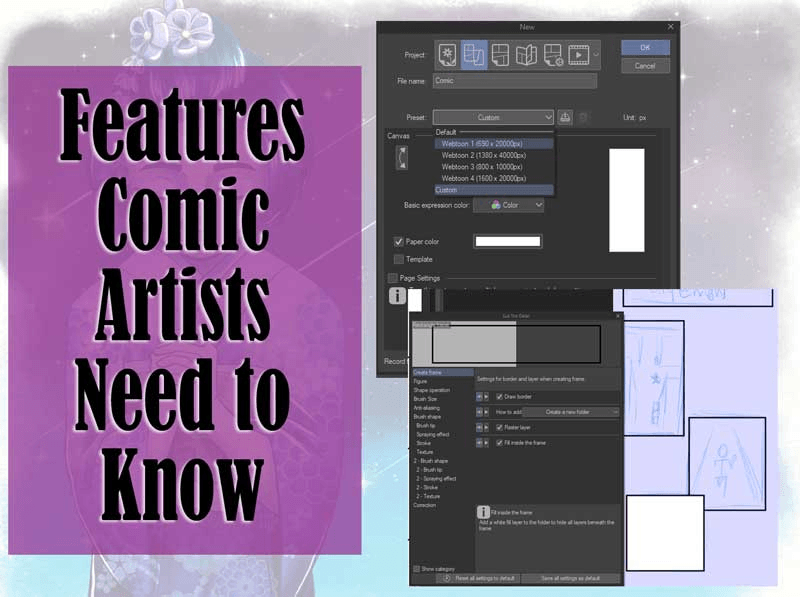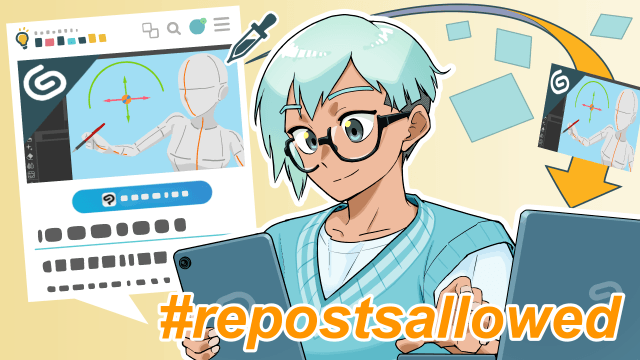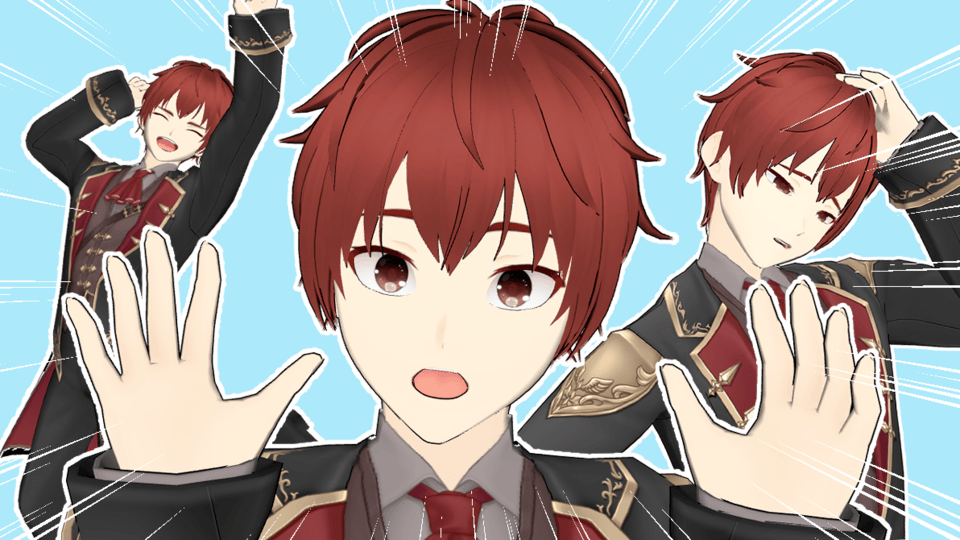How To Draw A Goat
Goats are fun animals to draw due to their unique features like horns, floppy ears, and textured coats. While goats may seem challenging for beginners, they can be broken down into simple shapes that make them approachable for artists of all skill levels. By following some basic steps, you’ll soon be drawing cute goats of your own!
In this guide, we’ll cover how to draw a goat step-by-step, from sketching the basic shape to adding fine details. We’ve also included some tips and tricks to help you achieve better results. Let’s get started!
Step 1: Sketching the Basic Shape
Start by lightly sketching a circle for the goat’s head. Make sure to leave room at the bottom for the muzzle. Then draw an oval shape for the body, connecting it to the head with curved lines for the neck.
Head Shape
Draw a circle towards the top for the cranium
Add an oval below for the muzzle and jaw
Body Shape
Draw an oval shape for the body
Connect to the head with lines for the neck
Leg Placements
Draw pairs of parallel lines for the legs on all four sides
Front legs should connect at the bottom of the head/neck
Back legs attach at the bottom of the body
Use straight lines to indicate where the legs will go—one pair at the front attached to the head, another pair at the back attached to the body. Making all these connections early helps ensure proper goat proportions.
Step 2: Adding Details to the Head
Now we can begin refining the goat’s head. Draw rounded triangles on top for ears. Place oval shapes for eyes and a sideways “U” shape for the nostrils onto the muzzle.
Ears
Draw triangle shapes, curved at the bottom
Place them towards the top of the head
Eyes
Draw oval shapes with a circle within
Position on either side of the muzzle
Nostrils
Draw a "U" shape on the end of them muzzle
Can make nostrils round or more oblong
Indicate the mouth by drawing a slight curve at the end of the muzzle where it meets the chin. Finally, use curved lines to shape the bridge and tip of the muzzle itself.
Step 3: Drawing the Body and Legs
It’s time to build out the goat’s body. Draw an arched line for the back, then parallel lines descending down for the belly/chest. Add teardrop shaped hooves at the end of each leg.
Back
One smooth arched line from head to tail
Dips down slightly behind the shoulders
Belly
Draw a line tapering in towards the bottom
Comes up behind the elbows of the front legs
Legs
Use sticks for bones, add curves for joints
Taper legs down to small teardrop shapes for hooves
Note the “knees” on the front legs bending backwards. The hind legs have a longer straight section before the joint bending forward. This gives goats their distinctive stance.
Step 4: Adding Fur Texture
Goats have wonderful fluffy coats. Use quick, sketchy strokes to indicate fur. Add fluffier clumps on the chin, cheeks and hindquarters.
Coat Texture
Use fast zigzag or wavy lines
Apply fur texture across the entire body
Fluffier Areas
Add extra texture on the chin, cheeks & rump
Can clump into soft mounds or tufts
Don’t overdo this step—just suggest basic fluffiness here and there. We’ll refine the fur more later.
Step 5: Drawing the Horns and Ears
Goats can have straight or curved horns. Pick the style you prefer. Sketch sweeping horn shapes, then refine the inner ear details.
Horns
Draw smooth tapered curves or straighter lines
Curve out and up from just above the ears
Inner Ears
Add some lines inside the ears for folds
Can also indicate fine hair texture
Horns and ears can be unique to each goat. Observe photos to reproduce shapes accurately or use your imagination!
Step 6: Finishing Touches
Finalize all the facial features more clearly now. Enhance the fur texture using quick, broken strokes for a fluffy look. Erase and refine any wobbly lines before considering your goat complete!
Facial Details
Darken the eyes, nostrils & mouth
Refine the nose, chin & brow shape
Fur Coat
Use swift zigzags & tapering strokes
Visualize how the fur lays on the body
Don’t forget to sign your drawing! Add some fun details like grass or flowers to set your goat in a nice scene.
Conclusion
As you can see, any budding artist can learn how to draw a goat by following some simple steps. Starting with basic shapes makes even intimidating subjects approachable. Adding details incrementally allows the drawing to progress smoothly from sketch to finished piece.
Goats offer wonderful anatomy and expressive poses for artists to hone their skills on. Their textured fur also makes great drawing practice. Follow along with the steps in this guide and you’ll soon have a herd of hand-drawn goats to fill your sketchbook!












Comment